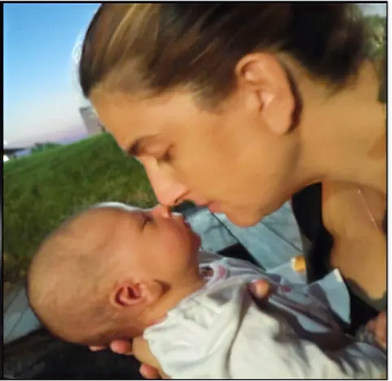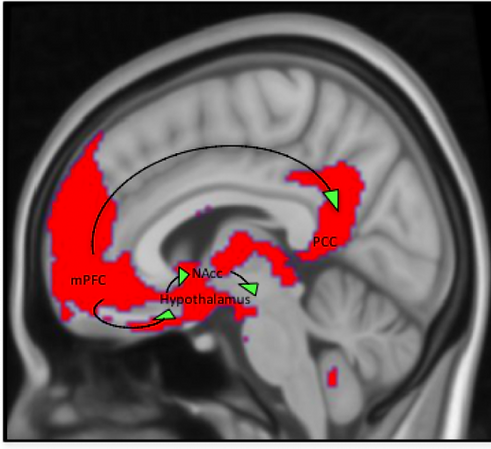The Neural Basis of Human Bonding
We investigate the neural basis of close human bonds

Human infants are born unable to care for themselves. Their survival and development depend on their caregivers. Early social bonding with a primary caregiver is necessary for mental and physical health and is associated with greater well-being and success in adulthood. However, to date most of what we know about the neurobiological mechanisms of mother-infant bonding comes from non-human animal models. Our scientific goal is to systematically describe neurobiological mechanisms that facilitate the complex cognitive requirements needed for human social bonding.

The emerging field of social-developmental-neuroscience is poised at a cross-road where progress depends upon integrating separate disciplines that are not traditionally associated. In particular, our research programs are strongly anchored in theory of child development, neuroscience, and emotion. Accordingly, research methods in the lab expand across advanced neuroimaging, neurochemistry, hormones and behavioral assessments of dyadic behavior and development.
The parent-infant dyad is a powerful platform to study neural circuitry of affiliation for two reasons. First, parent-infant bonding is an extreme case of social affiliation with robust psychobiological correlates. Second, early-life parental care is critical for infants’ development and social expertise.
Modeling the neurobiological mechanisms that determine the quality of parental care bears huge implications for child development, as well as for the health and well being of parents and children.

